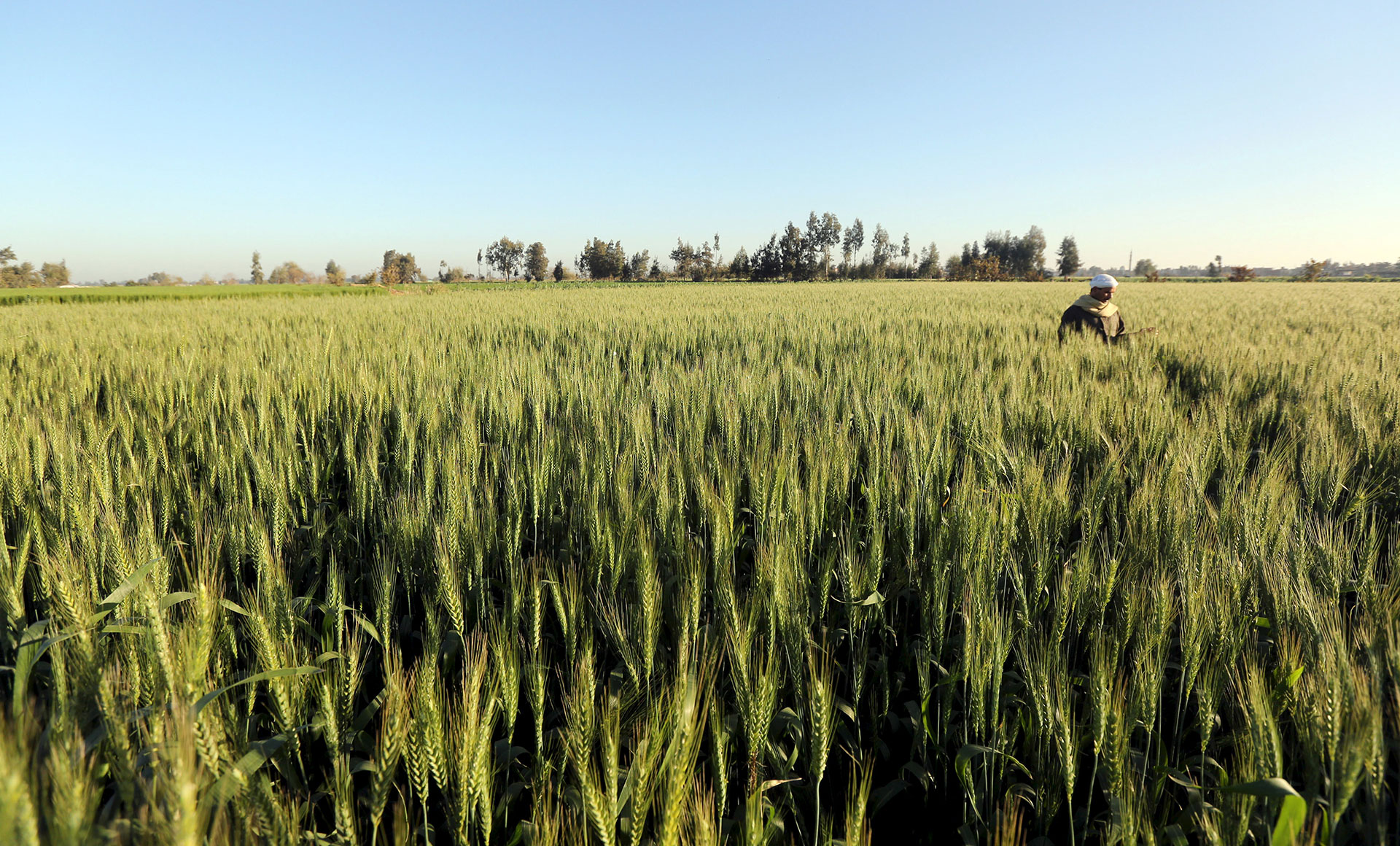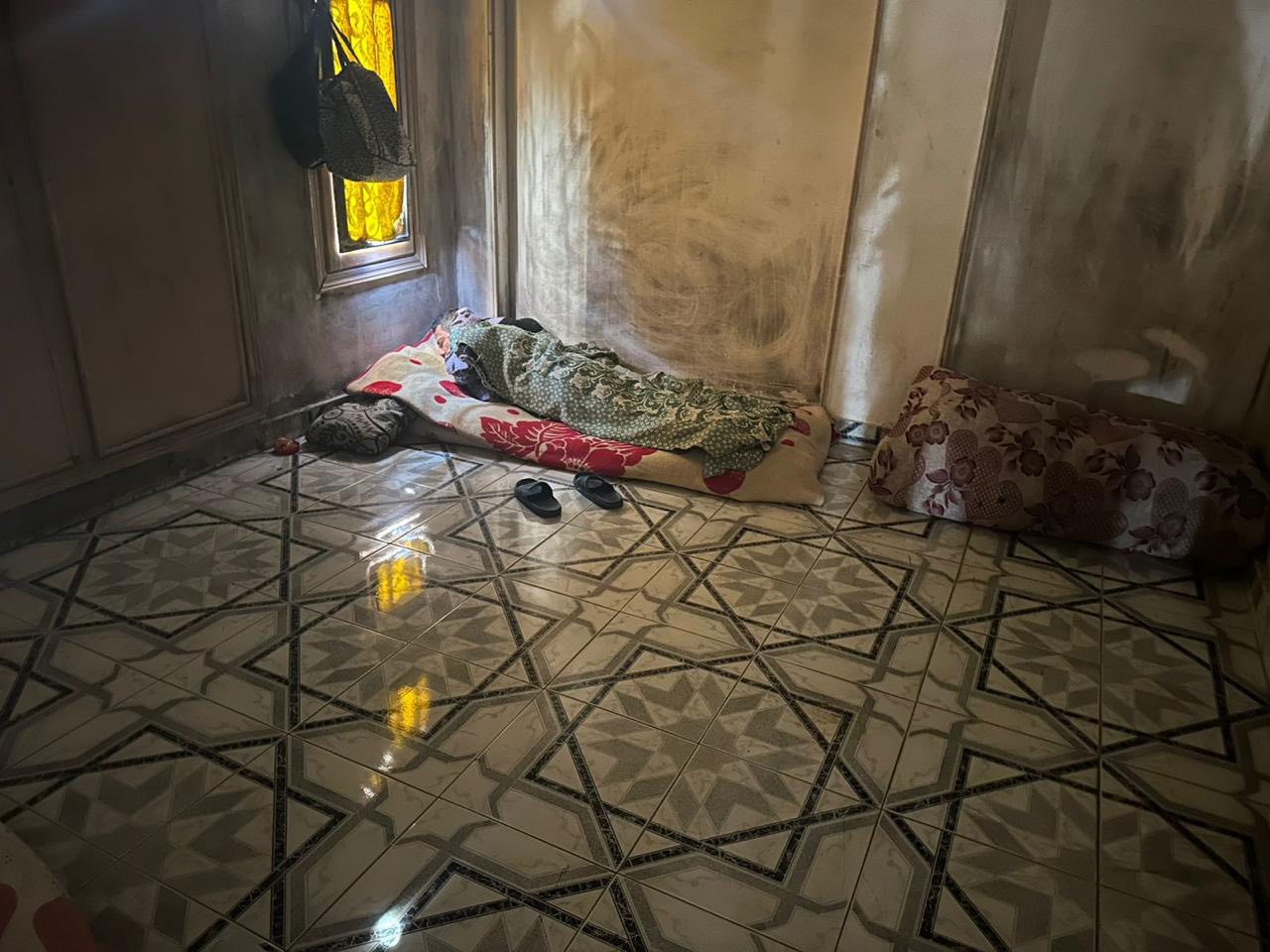The Egyptian Ministry of Supply and Internal Trade issued a new government decree which aims to regulate the trade and sale of locally sourced wheat supplies.
Ali Al-Moselhi, the Egyptian Minister of Supply and Internal Trade, has decided that strict regulations on the trade of local wheat supplies is required in order to shore the country’s strategic reserves of the grain.
The decree stipulates that all registered wheat farmers are obligated to supply approximately 60 percent of yields per feddan to local authorities. Those include the Egyptian Holding Company for Silos and Storage (EHCSS), the General Company for Silos and Storage, the mill companies affiliated to the Holding Company for Food Industries, and the Agricultural Bank of Egypt.
Additionally, the decree also prohibits the sale of local wheat supplies to non-governmental bodies, except after obtaining a permit from the Ministry of Supply and Internal Trade. This permit must include the approval of the quantities, verify purpose of purchase and indicate storage places.
According to Al-Moselhi, any “persons who participate in the sale of wheat are jointly liable, whether they were sellers, buyers, intermediaries or financiers, and in all cases. The violation shall be confiscated, and the means of transport or traction used in transporting it shall be seized and confiscated.”
Egypt relies heavily on the supply of Ukrainian wheat, approximately 80 percent of supplies originate from Russia or Ukraine. However, due to the on-going war in Ukraine, Egypt is attempting to diversify wheat imports, as well as secure and strengthen local supplies.
Earlier this month, the Egyptian government announced a ban on the export of wheat, fava beans, lentils, pasta, and all kinds of flour for the next three months in a bid to shore existing supplies, and address growing concerns about food security.
However, the Egyptian Cabinet of Ministers continues to reassure citizens about the supply and prices of wheat amid the crisis in Ukraine. Prime Minister Mostafa Madbouly was adamant that government wheat reserves are enough to last until the end of 2022.







Comments (4)
[…] Al-Moselhi, the Egyptian Minister of Supply and Internal Trade, has decided that strict regulations on the trade of local wheat supplies is required in order to shore the […]
[…] Al-Moselhi, the Egyptian Minister of Supply and Internal Trade, has decided that strict regulations on the trade of local wheat supplies is required in order to shore the […]